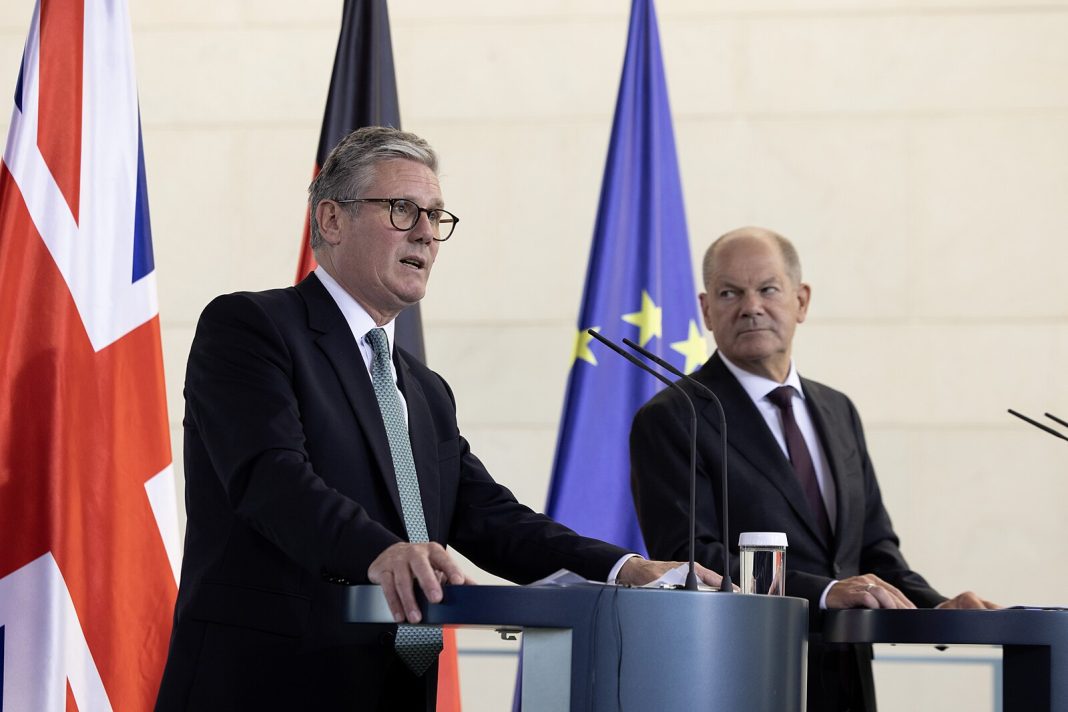Each time I hear that Labour has dismissed yet another offer from EU states to establish reciprocal freedom of movement deals for young people, I despair.
How can the leaders of an outward-looking, pragmatic, centre-left party – which never backed Brexit – be so unforgiving in restoring rights to our generation that they themselves once enjoyed?
Over the past year, I’ve spent months stressing over visas, standing in endless queues for residency permits, and surrendering my passport countless times. This is our post-Brexit reality.
If I were part of Keir Starmer’s political generation, I wouldn’t want to reopen Pandora’s box either: reigniting the Brexit debate after almost a decade of pernicious, populist wrangling that brought down governments, maimed the economy, and tore society apart? No thanks.
But I am not. I belong to the generation that didn’t get a vote in the Brexit referendum but lost our rights to live and work abroad.
I understand Starmer’s strategy: don’t rock the boat, make subtle tweaks to the withdrawal agreement. A veterinary certificate deal here, a reassessment of visa policies for touring musicians there. It’s better than nothing, but we deserve more than timidity.
I’m not suggesting Labour should seek to rejoin the EU. That kind of change must come from a new political generation. But while we languish in limbo, it’s up to young people to break this unholy consensus of silence.
Brexit has left the UK facing a 4% long-term decline in productivity and a 15% drop in trade. Meanwhile, new trade agreements with non-EU countries have delivered negligible gains.
Given the dire state of the economy, the UK needs deeper integration with Europe, not to champion economic renewal while ignoring the obvious – that the Brexit deal must be fundamentally reworked. Until then, supplementary Irish passports will serve as a new currency, sparing fortunate dual nationals from this post-Brexit nightmare.
Freedom of movement isn’t some far-fetched compromise – we have similar deals with 13 other countries. This is about political will – and whether young people are truly a priority for the new government.


